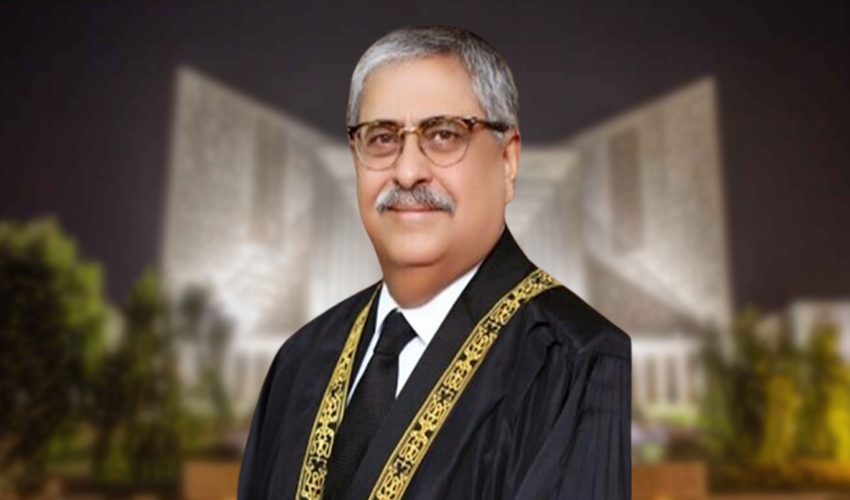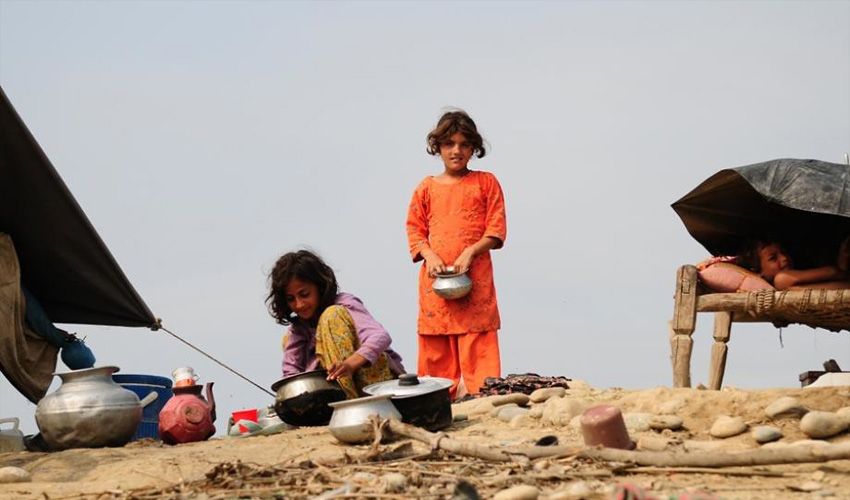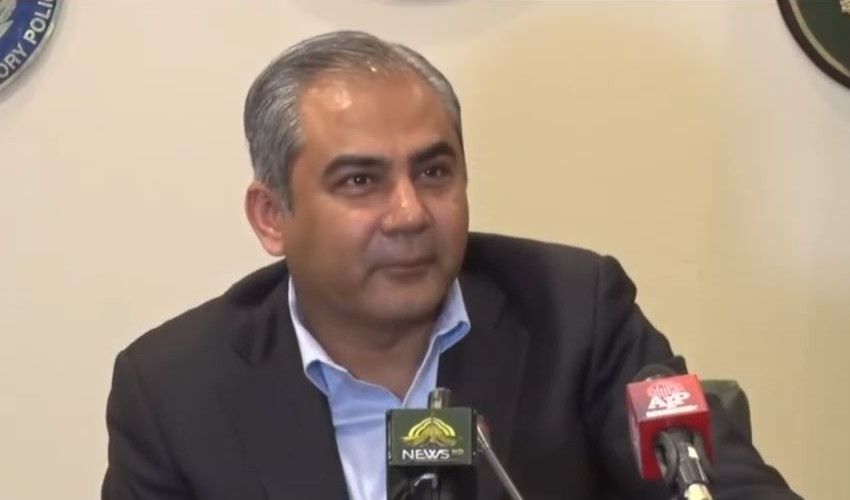During the hearing of the pre-arrest bail application of a murder accused, the Supreme Court made some strong observations over the unresolved political murders of three former Pakistani prime ministers and the state of political accountability.
Justice Athar Minallah expressed frustration over the state's role in political affairs, stating, "All institutions are after political opponents," adding that the murder of an elected prime minister was acknowledged after over 40 years. “What can be a bigger crime than the assassination of the prime minister?"
Justice Jamal Khan Mandohkel questioned the lack of accountability, asking, "What happened to their cases? Someone should have been held responsible and punished."
He remarked that even the most senior judge in Balochistan was killed, but nothing came of it. "The real thing is that there is no desire to do anything. Compared to the other two provinces, the investigation in Sindh and Punjab is very poor," Justice Mandokhel added.
Justice Malik Shahzad also raised concerns about the unpredictability of the prime minister’s tenure, stating, "A prime minister is in the Prime Minister's House one day and in jail the next. No one knows how long they will remain the PM." He asked, “What will happen to the common man in a country where the prime minister is in this condition?”
Justice Mandokhel echoed similar concerns, noting the widespread public mistrust of state institutions. "People want the Supreme Court to do all the work," he remarked.
He also pointed out the stark contrast in investigations across provinces, saying, “Compared to Sindh and Punjab, the investigation in Balochistan is extremely poor. Even the most senior judge in Balochistan was killed, and nothing has been found.”
The bench also expressed dismay over the political climate, saying that as long as state institutions remain involved in political engineering, this situation will prevail. Justice Minallah suggested that if the Constitution had been followed, the current situation could have been avoided.
Highlighting the ongoing delays in addressing high-profile cases, Justice Minallah noted, “These cases have been pending in the Supreme Court since 2017, while the state is busy toppling and installing governments.” He also expressed concern about the political polarization and the lack of institutional action on vital issues.
In the ongoing murder case, the Supreme Court ordered the arrest of the accused, Ishaq, and directed the SP Supreme Court to hand him over to jail authorities. The bench emphasised the need for transparency and efficiency in handling such cases, stressing that the public's trust in the legal system is at stake.


























